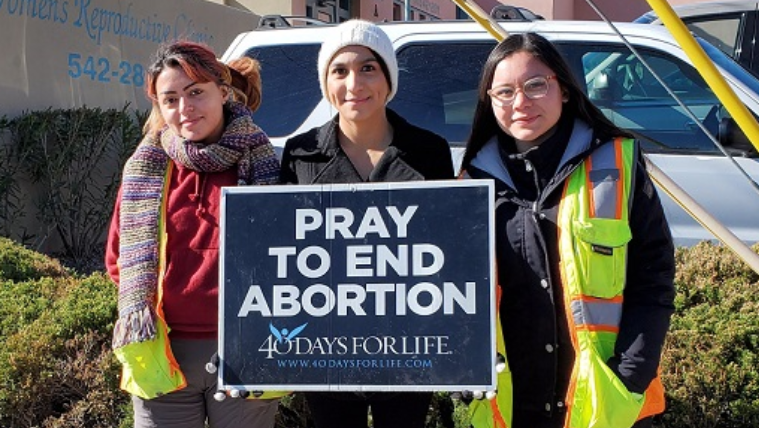A new Associated Press poll found strong public support for limits on abortions after the first trimester as the U.S. Supreme Court prepares to hear a Mississippi case that could allow states to do just that.
The AP-NORC Center for Public Affairs Research poll found that a strong majority of Americans believe abortions should be illegal in the second and third trimesters.
While 61 percent of Americans said abortions should be allowed in most or all circumstances in the first trimester, the number flipped when asked about the second trimester. According to the poll, 65 percent said most or all second-trimester abortions should be illegal; the number increased to 80 percent in the third trimester.
Click here to sign up for pro-life news alerts from LifeNews.com
Here’s more from the AP:
The poll also shows how opinions on abortion diverge sharply along party lines. Roughly three-quarters of Democrats think abortion should be legal in all or most cases; about two-thirds of Republicans think it should be illegal in all or most cases.
But most Americans fall between extreme opinions on the issue. Just 23% say abortion in general should be legal in all cases, while 33% say it should be legal in most cases. Thirty percent say abortion should be illegal in most cases; just 13% say it should be illegal in all cases.
The results are not surprising. Polls consistently have found strong public opposition to the killing of unborn babies in abortions after the first trimester.
The findings are especially significant right now because the Supreme Court is scheduled to consider a major abortion case in the fall. At issue is a Mississippi law that prohibits abortions after 15 weeks of pregnancy, a few weeks into the second trimester.
The justices agreed to consider “whether all pre-viability prohibitions on elective abortion are unconstitutional.” Currently, legal precedent prohibits states from banning abortions before viability, currently about 22 weeks of pregnancy.
The AP poll and others demonstrate that most Americans support stronger protections for unborn babies than what the Supreme Court currently allows.
Susan B. Anthony List president Marjorie Dannenfelser said polls and state elections both show that Americans support laws like Mississippi’s that protect nearly fully formed unborn babies.
“Across the nation, the people speaking through their representatives have enacted an unprecedented 89 pro-life laws this year – sending a clear message to politicians and the Supreme Court: it’s time to humanize our extreme status quo, in line with science and international norms,” Dannenfelser said.
For example, New Hampshire voters elected a new pro-life-majority legislature last fall, and, earlier this week, the legislature passed a bill to ban late-term abortions on viable unborn babies. Until now, New Hampshire was one of seven states in the U.S. that allows abortions without limits up to birth.
David O’Steen, executive director of the National Right to Life Committee, told the AP that the pro-abortion movement is “way out of the public mainstream” because it advocates for abortions without restriction all throughout pregnancy.
In the United States, most unborn babies are aborted in the first trimester. However, second- and third-trimester abortions still claim the lives of tens of thousands of unborn babies every year.
According to the Centers for Disease Control, about 92 percent of all abortions in 2018 occurred within the first 13 weeks of pregnancy. The Guttmacher Institute, a pro-abortion group considered to have the best estimated abortion numbers for the U.S., reported 862,320 abortions in 2017, the latest available data. Based on those two reports, about 68,986 unborn babies are aborted in the second or third trimester every year.
That means if the Supreme Court allows states to prohibit abortions after the first trimester, as Americans want, tens of thousands of unborn babies could be saved.








